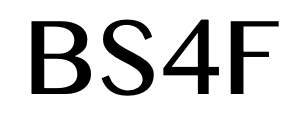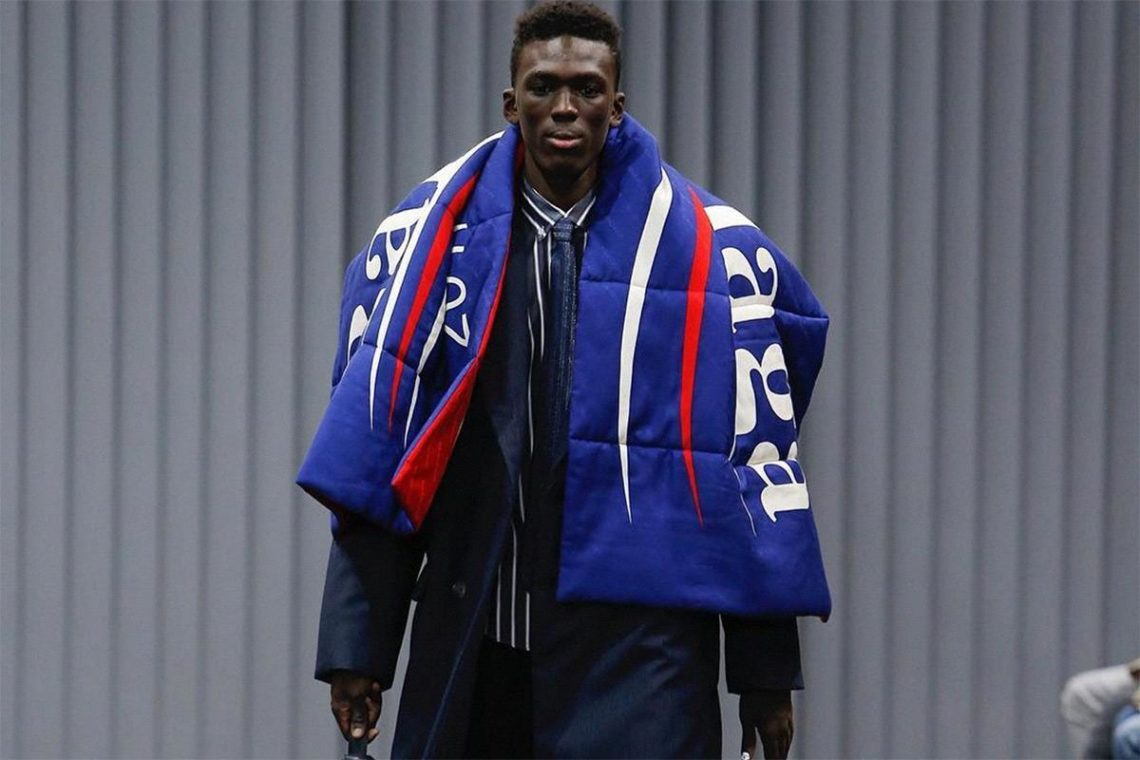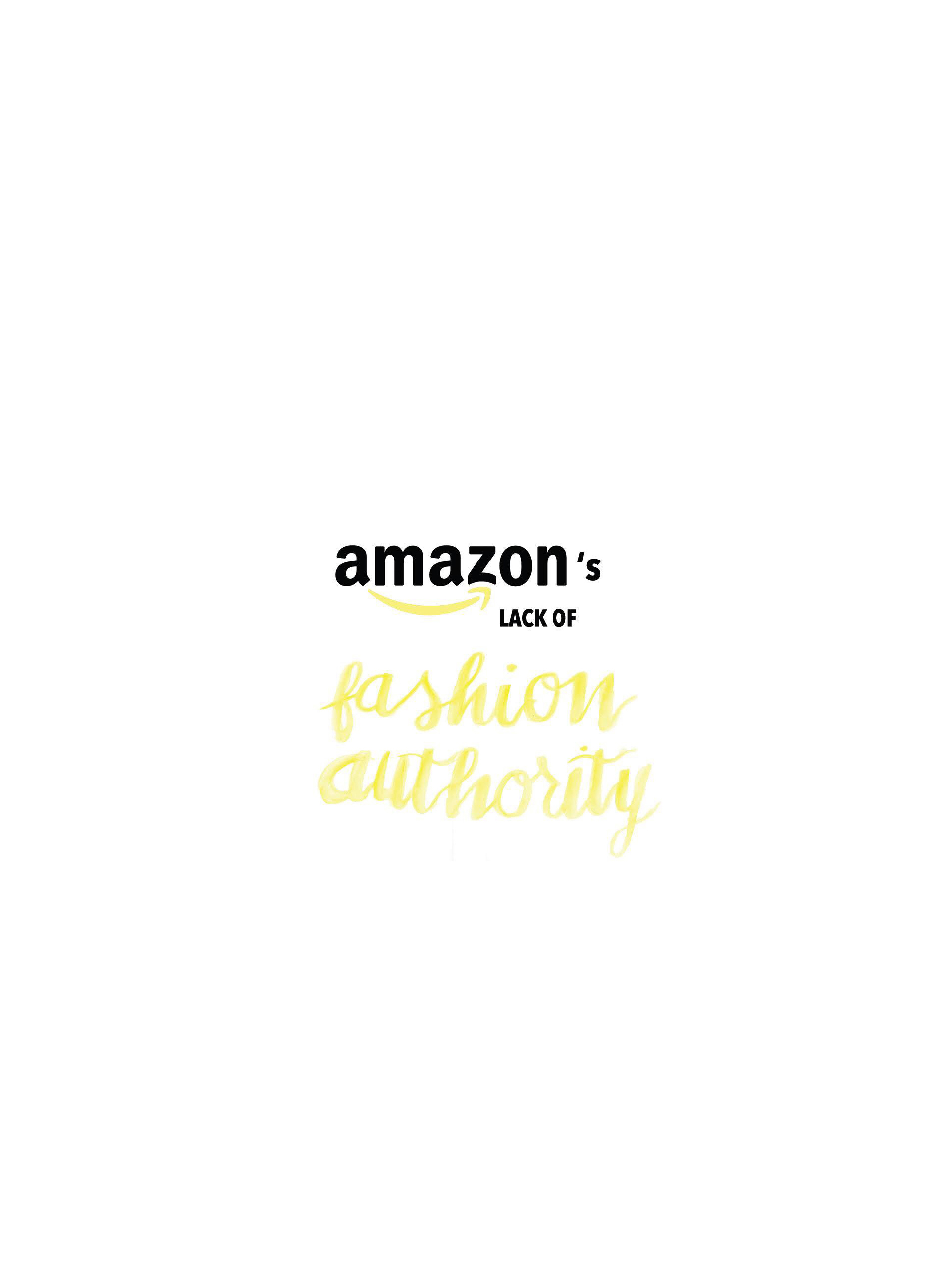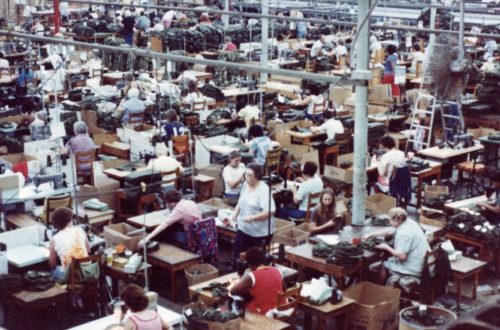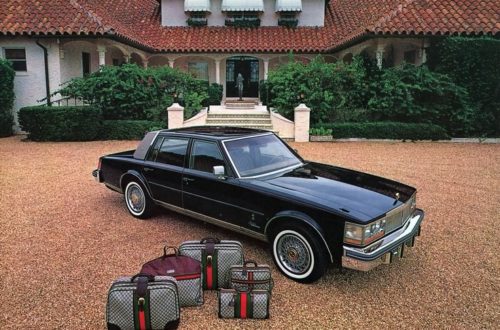Fashion today can undoubtedly be defined as more than the mere act of dressing oneself. From a form of expression of one’s personality to a means of communication, its roles are multiple and go way deeper than its frivolous image. So could it also have the power to become a political voice?
In the recent years, more and more runways have almost morphed into political arenas. A phenomenon that has particularly spiked since Donald Trump’s election late of 2016. The clothes that line them sometimes sport keywords or phrases that portray the designer’s political views on current events. A plethora of issues are being raised at these shows; the most redundant ones however, seem to be gender equality and racism.
On September 2016, Maria Grazia Chiuri sent her models down the runway with the phrase “We should all be feminists” placarded on white tee shirts. For Balenciaga’s Fall/Winter 2017 show in Paris, controversial head designer Demna Gvasalia unveiled a collection inspired by Bernie Sanders’ campaign logo clearly articulating an anti-Trump positioning. Even the hype streetwear brand Supreme came out with “Fuck the president” keychains following Trump’s election. These are just a handful of examples of many occurrences of recent political expression on the runway.
But can this phenomenon of social and political fashion be considered activism and is it having a real impact? Some are weary at the idea for multiple reasons. Firstly there exists an ironic paradox between the equalitarian, socialist messages clothes are trying to convey and their price tags. Dior’s iconic Feminist tee-shirts sold for a whopping 710$! It is tough to believe these brands are genuine and sincere with their political statements when they charge their customers with such high prices. It seems more likely that they’re hopping onto a trend, conveniently acting as politically engaged to gain high revenues. And it works, Dior’s Feminist tee-shirt was their sell-out item of the season.
Next stand the sensitive problems underlying in the overall fashion world. The objectification of women, lack of diversity or exploitation of labour are a few matters that, although disappearing, are still relatively present in the scope of the industry. Brands voicing disagreement with gender gap or racism can be swiftly criticised or lose credibility if their actions don’t reflect their messaging. Once again they may be perceived as simple profiteers, political consciousness is good but action is better. Lastly, when fashion houses meddle with politics they run the risk of oversimplifying or even glamourising grave subjects. Climate change or feminism aren’t just cool to talk about on instagram but critical issues that scholars and professionals have been defending for years and need to be dealt with seriously.
On the other hand, having these major fashion brands evoke political questions is an effective way to awaken the collective consciousness and condemn injustices. If brands have such large platforms why shouldn’t they use them to educate or motivate masses to take action?
Change definitely relies on more than trendy, instagram-friendly tee shirts but it might be a start we shouldn’t be opposed to.
by Alice Gandon
